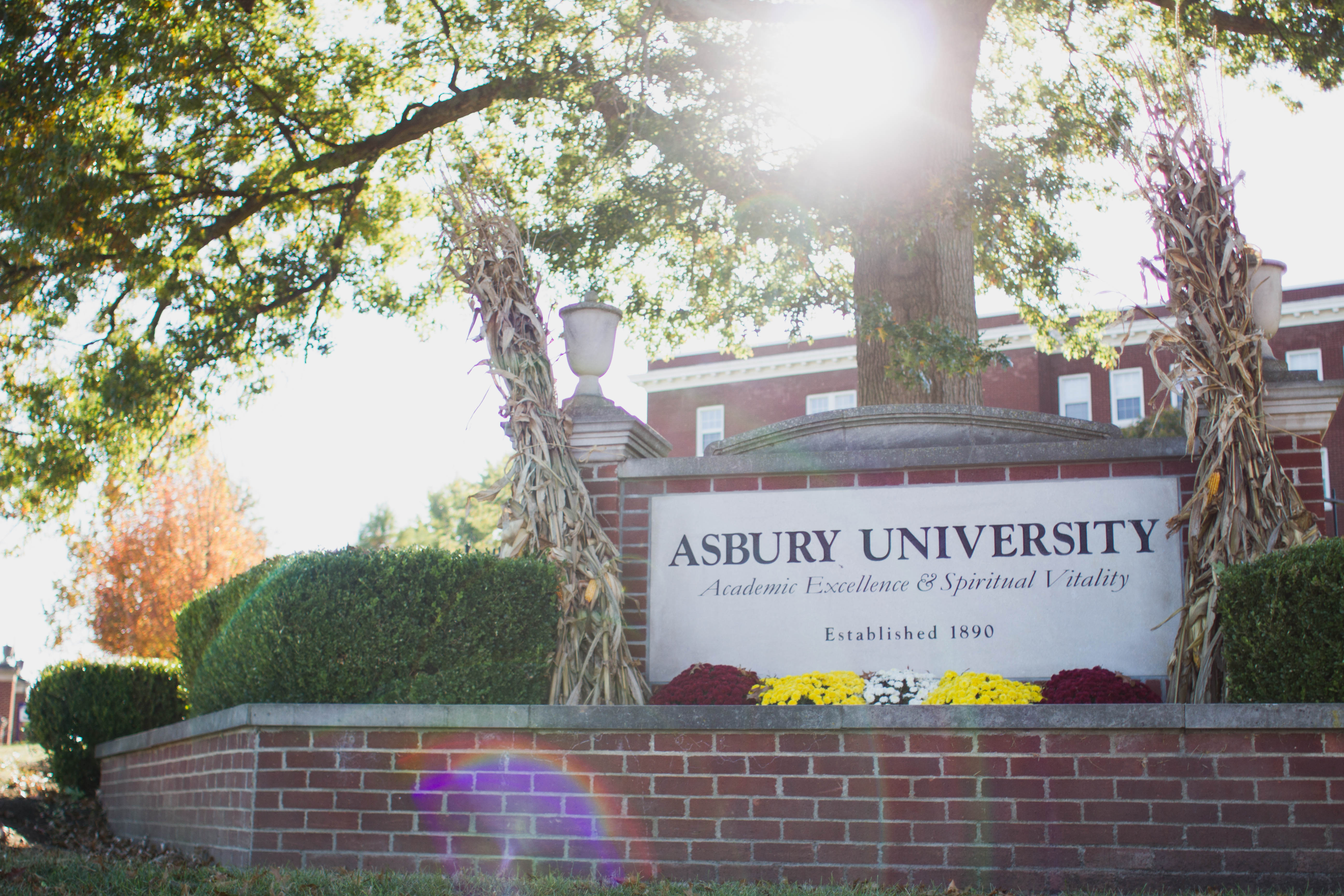In recent years, Asbury University has been working to demonstrate cultural competency and invite students from varied cultural backgrounds and nationalities to participate in the community. While efforts such as Initiative III of the Imagine 2022 Vision have been largely successful at such an integration, there is a more hidden level of diversity that is much harder to take into account. Differences among socioeconomic, religious and ethnic backgrounds can be more subtle than skin color or a strong accent but should still be included within our perception of diversity.
It is hard to deny that our backgrounds in family, faith and life experiences shape us as people and shape our perceptions of the world around us. Our lenses are colored with the influence of those who taught us in our earliest years and by experiences that took place in our earliest moments. Upon acknowledging this influence, we must also be prepared to look at what parts of that formative shaping still hold value as we establish our own ethical code and perspective on political, societal and economic issues.
This is especially true when we encounter people who hold different viewpoints shaped by diverse experiences and backgrounds. When these differences are not obvious, it can be easy to dismiss their ideas as ludicrous or outdated without taking the time to understand what prompts their opinion.
In my own experience, I have found that perceptions of my social class elicit responses that are not necessarily reflective of my actual experience. In high school, it was assumed that I was wealthy because both of my parents work in the medical field. In reality, my financial situation was far less stable than my peers imagined, but this reality did not matter to those who had already made assumptions based on limited evidence. In other situations, it can be easy to assume my religious background, even though the Christian faith I claim has been largely a product of my own exploration. Making these assumptions about class and religion means I spend more time explaining the unacknowledged differences than engaging in real conversations about my opinions and beliefs shaped by my unique experiences.
Even when we are aware of this kind of hidden diversity — the core formation of a person — it can be difficult to balance cultural sensitivity and respect with a fear of offending the other person. If this balance cannot be found, fear usually wins out and inhibits honest conversation and productive debate. Differences of opinion can be a wonderful tool in exploring the full scope of a topic, and we must not be afraid to enter into discussions with people who think differently than we do.
How can we be sensitive to one’s internal background and cultivate healthy conversations, both as individuals and as an institution? I think the answer is one and the same: each of us need to learn to ask the right kinds of questions. Furthermore, we need to be a community that pays attention to the answers.
Learn to ask questions about someone’s background in a way that truly shows care for their response. Avoid presuming facts about one’s life based upon a single experience. Be willing to foster conversations that might be difficult or lead to unfamiliar places, and be willing to sit among the unknowns. In order for our campus to prosper, we must become a people who are willing to admit that we don’t know an answer, have (or have not) faced a particular situation and that our viewpoint is not the only way of seeing things simply by the merit of it being ours.
It is important to note that such an awareness of and appreciation for such diversity of thought and backgrounds cannot be legislated well through means of campaigns or policies. Rather, it is the responsibility of the people who comprise the institution to inhabit the high ideas of carefully considering questions, listening thoughtfully and expressing a willingness to suspend one’s own system of thought, at least momentarily, to benefit from hearing another’s point of view.
Asbury is a community that thrives on connection among backgrounds. When we as individuals embrace a better understanding of one another and our varied backgrounds, Asbury as an institution will find itself better prepared to meet people where they are, journey alongside them, engage in difficult and unfamiliar conversations and ultimately become a more inclusive, Christ-like campus.








